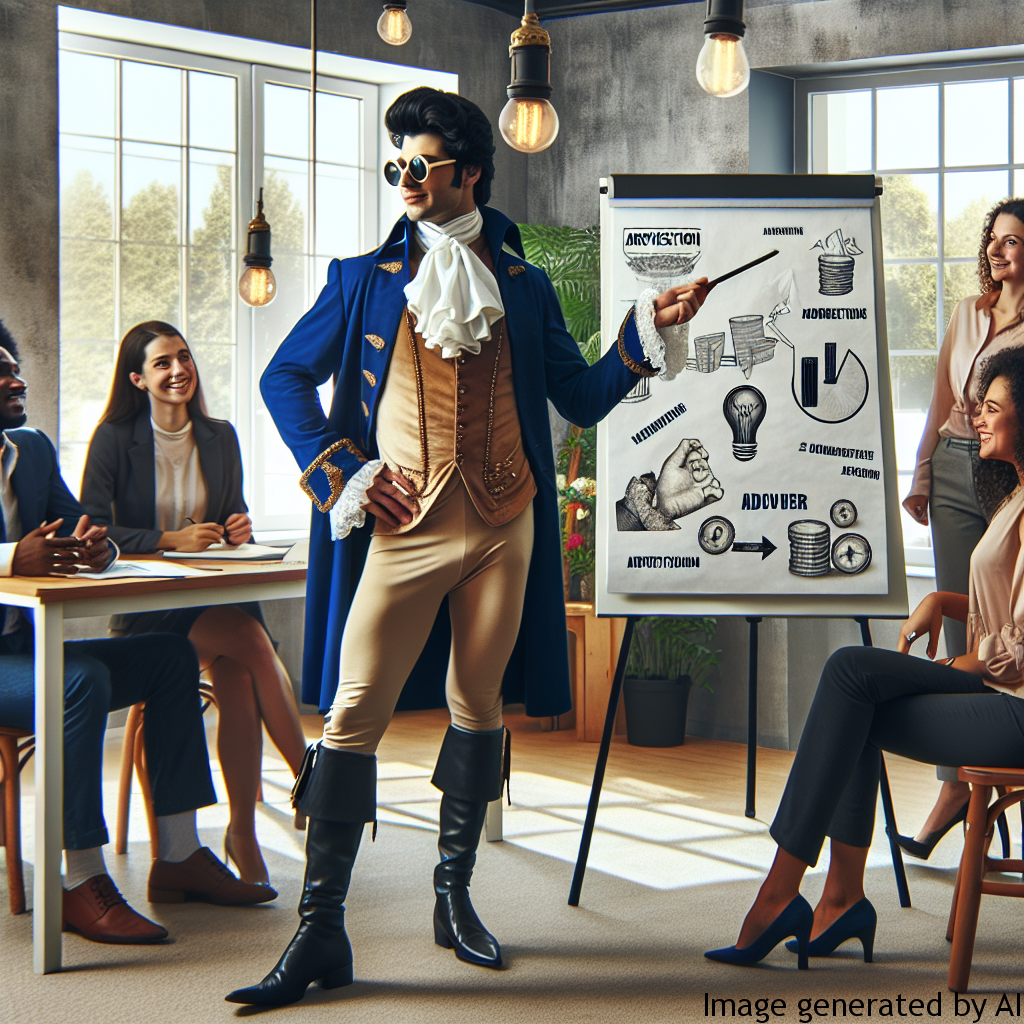Introduction
The image of Casanova, the legendary Italian seducer, has long permeated western popular culture and entered into its collective consciousness. This persona has found distinct applications within various societal contexts, including advertising and marketing. In these fields, he is often used as a metaphor for seducing consumers, echoing the qualities of charm, sophistication, and irresistible attraction. However, the omnipresent Casanova stereotype potentially propagates harmful gender expectations, impacting men’s psychological health. This article delves into the pervasiveness of the Casanova image in advertising and marketing, exploring its societal effects and potential tips for promoting healthier perceptions of masculinity.
Description of Gender Expectations and Their Influence on Men’s Psychological Health
Certain Stereotypes and Masculine Ideals
Casanova’s image often symbolizes the masculine ideal of being irresistibly attractive, confident, and dominant. Such a representation might promote the notion that a ‘real’ man must model himself after these traits. Yet, men’s feelings of fallibility, vulnerability, and needing emotional support often contradict such preconceived masculine ideals. The resulting discrepancy can potentially elicit feelings of inadequacy, failure and stress, impacting men’s mental health and self-esteem.
The Expectation to Conform
Society typically expects men to be assertive, stoic, and suppress their emotions, viewing these as principal characteristics of masculinity. However, being constantly mindful of these expectations and struggling to adhere to them can lead to anxiety and depression. Such pressure may also foster harmful behaviors, like aggression, to assert masculinity.
Examples of How Gender Roles May Influence Men’s Lives
In the world of advertising, the Casanova stereotype often shapes the marketing strategy for men’s products or services. From cars, fragrances, clothing to alcoholic beverages, the underlying message appears to be that adopting or possessing these commodities will make men more attractive and charming, intensifying gender expectations. Men who internalize this notion may suffer psychological distress if they cannot or choose not to conform to these standards.
Tips for Improving Psychological Health Considering Gender Roles
To mitigate such effects, it is vital to challenge conventional notions of masculinity. Encouraging open dialogues about men’s emotions can promote the understanding that it’s okay to talk about feelings and ask for support. Further, it’s crucial to educate people that self-worth is not linked with conforming to gender norms. In advertising and marketing, messages should foster a broad and inclusive depiction of masculinity, rather than a singular image epitomized by characters like Casanova.
Conclusion
In conclusion, while Casanova’s image is an enduring and potent tool in advertising and marketing, its usage necessitates mindfulness for potential adverse implications on men’s psychological health. By fostering a balanced and inclusive vision of masculinity and challenging traditional gender norms, society can aid in mitigating the negative impact of such harmful stereotypes.

